Court Denies Injunction in Competitive Keyword Ad Lawsuit–Nursing CE Central v. Colibri
Technology & Marketing Law Blog
AUGUST 30, 2023
Though the court says it’s a close question, the court says that the plaintiff does not have a likelihood of success on the merits. To analyze this, the court applies the standard likelihood of consumer confusion factors. “any use of “Nursing Ce Central” creates at least some likelihood of confusion.


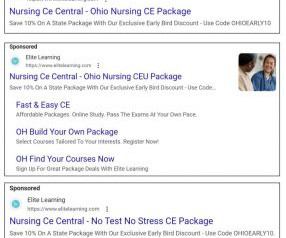
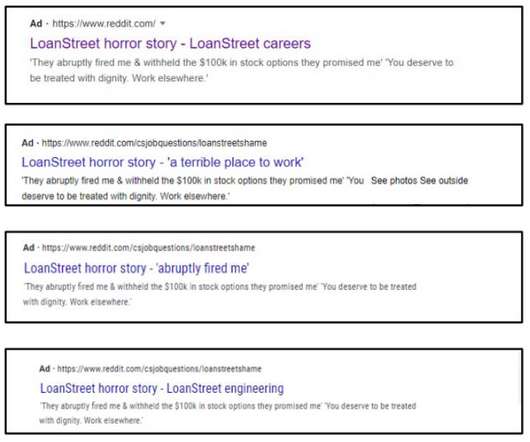

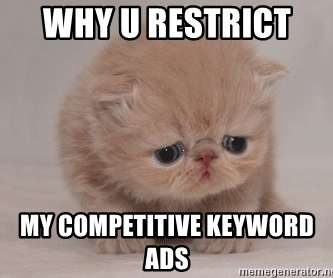
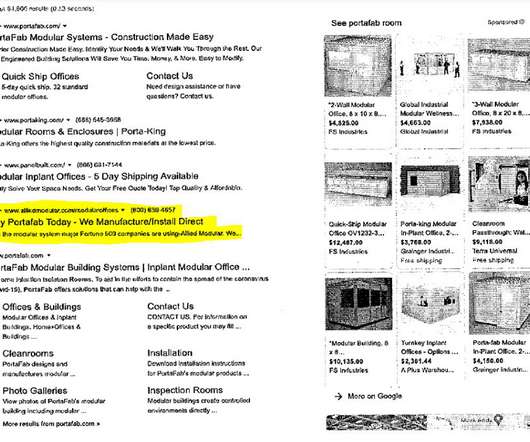
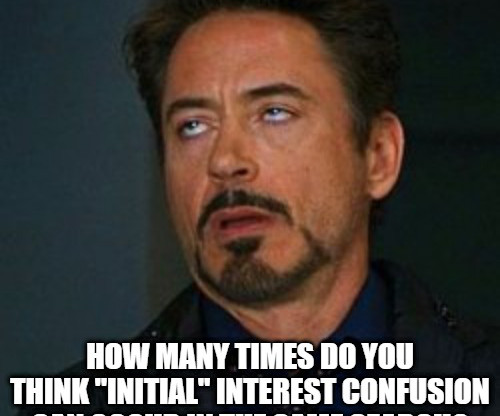










Let's personalize your content